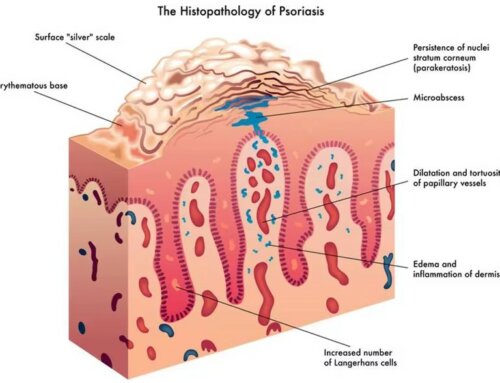Making lifestyle changes is important when you have diabetes. Developing healthy habits can make a big difference in your overall well-being. Discover 5 healthy habits that should be part of an effective diabetes self-management plan.
Healthy Habits – You Really Are What You Eat
The old saying that you are what you eat holds true when you have diabetes. Eating a well-balanced diet with low salt and low-moderate carbohydrates can help keep your blood sugar levels stable. You may also have more energy throughout the day. Sugary foods cause your blood sugar to spike. Salty foods can increase your risk of heart disease. Foods with trans fat lower your “good” cholesterol (HDL) and raise your “bad” cholesterol (LDL). These foods include packaged cakes and crackers, fried food, baked goods, and stick margarine. Select foods with unsaturated fats that can boost your HDL levels, such as avocados, flaxseed, and olives. Dip bread in olive oil flavored with spices instead of using butter for added healthy fat. Eat fish twice a week that contains omega-3 fatty acids, such as salmon and tuna. Bake, broil or roast foods instead of frying them. Add whole foods to your diet.
Include fresh fruits and vegetables, low-fat dairy products, lean cuts of meat with the fat cut off, and whole grains. Select whole grain rice, bread, and pasta over the white versions. Add herbs to your food instead of salt and sugary condiments such as ketchup. Flavorful additions include garlic, onions, red and green peppers, basil, rosemary, black pepper and cinnamon. Maintain a healthy weight to avoid health complications.
Get Up and Keep Moving
Exercise can help you lower your blood sugar, reduce the possibility of getting heart disease, combat fatigue and reduce stress. Start by exercising for ten minutes, three times a day. No matter how you do it, the total should still be thirty minutes. Low-impact exercises include walking, swimming, and chair aerobics. Add stretching and resistance training to your workout, such as arm circles, reaching for your toes, and gentle lunges. As you get more confident, make your workouts longer and mix them up to have fun. Take a yoga or Zumba class. Find local trails where you can go hiking and appreciate the beauty of nature. Join a recreational sports team or just walk your dog. Play Frisbee with your kids and grandkids. Keep your workouts interesting so you look forward to them. Make a plan when the weather is not cooperating.
Regular Exams and Medications Matter
Scheduling regular medical exams is important to monitor your chronic condition. Your health care team can make changes as needed to ensure you are in the best possible health. Visit your regular physician or endocrinologist in 3-4 month intervals. Get a yearly checkup at the dentist, ophthalmologist, podiatrist, and any other specialists recommended by your primary care doctor. Take all your medications as directed. Never run out of your medication. If you are traveling or experience blood sugar fluctuations, check with your doctor to see if any changes need to be made. Always ask your doctor or pharmacist about contraindications before taking any new medications or supplements.
Check Yourself Out
Checking yourself out is also part of a good diabetes self-management plan. Monitor your blood sugar regularly and keep track of the results. Ask your physician when to test and write it down in a logbook. Keep plenty of supplies on hand, such as diabetic test strips, so you can always check your blood sugar on-schedule. Look for patterns based on your eating and exercising habits. Share the results with your doctor during regular exams. Check your blood pressure often and report any extreme results.
Learn Positive Ways to Banish Stress
Banishing stress the positive way is another one of the healthy habits with diabetes. Adequate sleep each day is an important way to lower stress. It can also help reduce your cortisol levels which can lead to belly fat and insulin resistance. Try meditating, deep breathing or Tai chi to lower your stress. Quit bad habits such as smoking and do not drink alcohol in excess. Take time to talk to a friend or adopt a hobby you enjoy. If feelings of anxiety or depression persist for several weeks, talk to your doctor about scheduling a visit with a counselor.
Developing these healthy habits with diabetes is easy because they will make you feel healthier, happier, and more energetic. Lifestyle changes take time to adopt but are well worth the effort. The right habits can make your life longer and better!







Leave A Comment